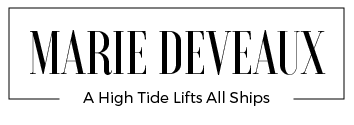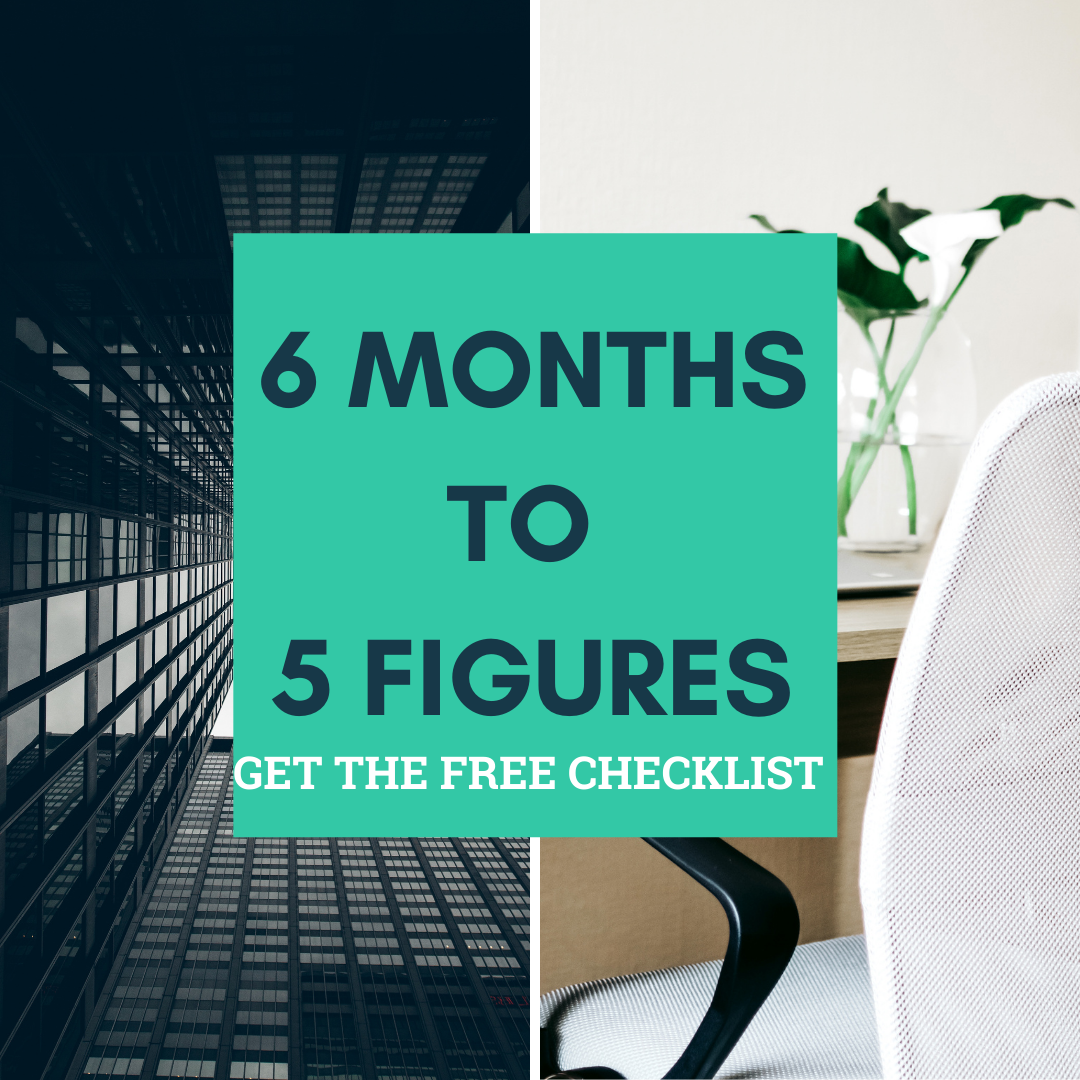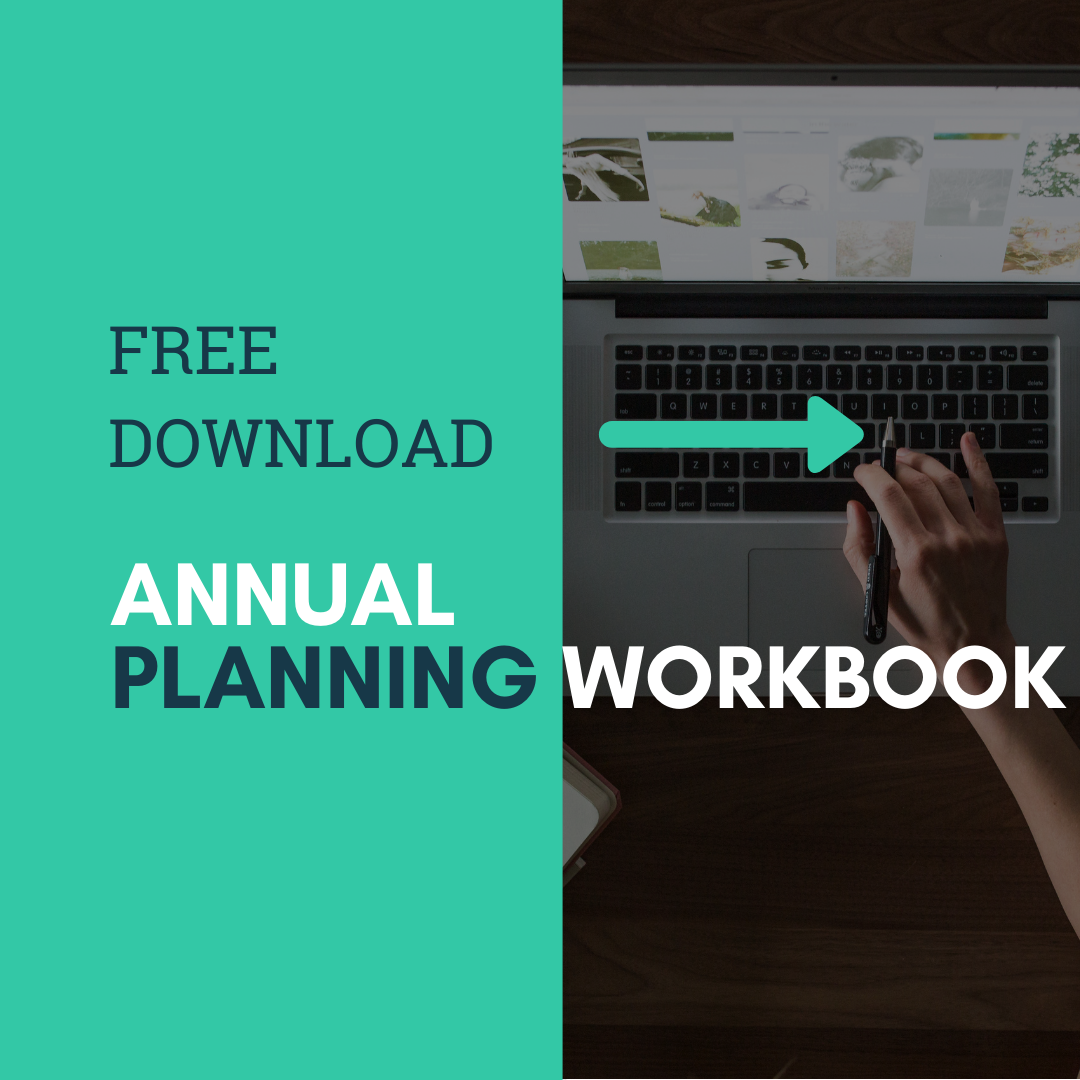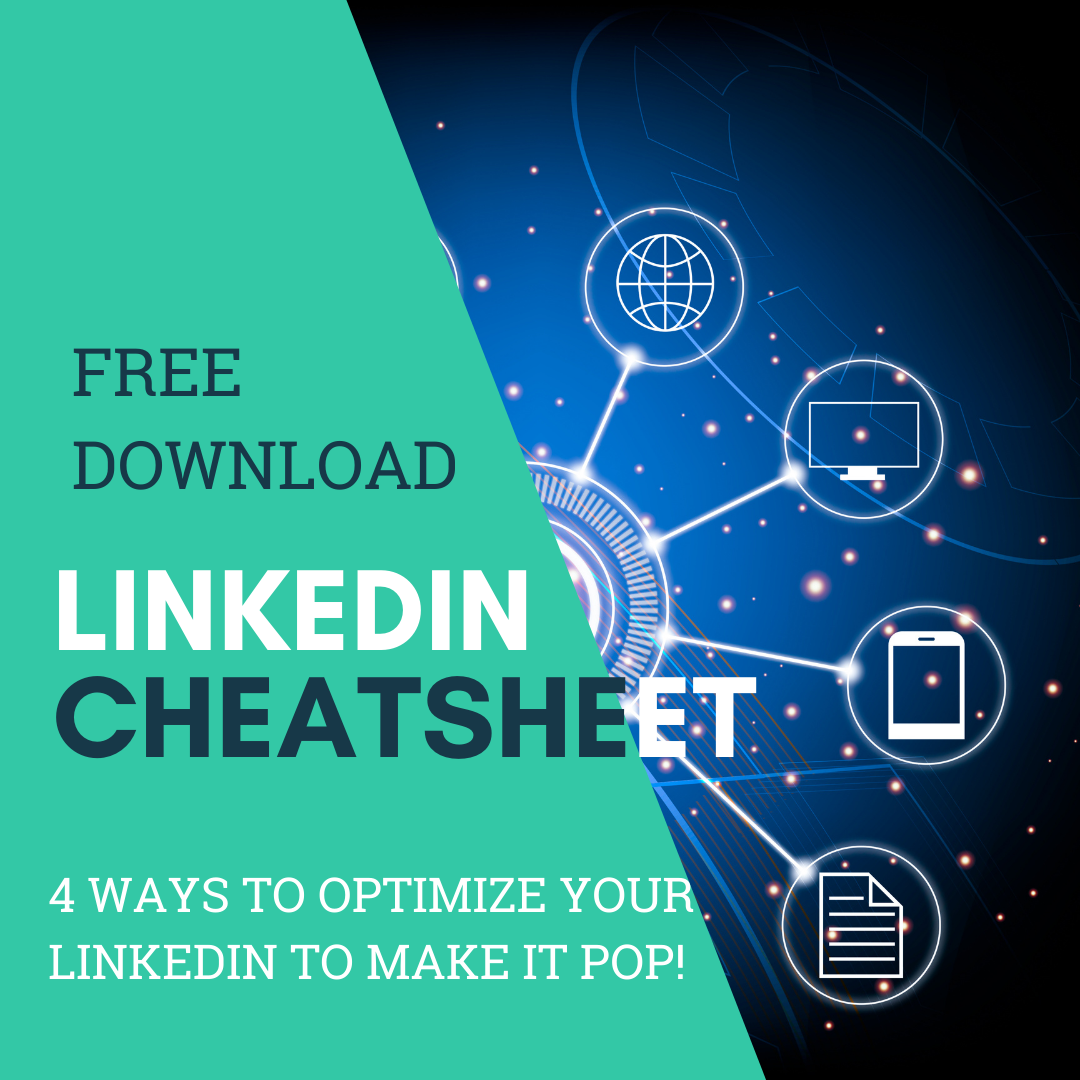My mother was/is a hard working immigrant. She’s an old school Boomer who believes in the value of hard work and she came from a place where Black people run stuff (big up, Jamaica). On the outset she was a great role model. And yet, the way my mother relates to money is something I hope I never pass on to my children
I don’t have a good relationship with my mother currently. And by “good” I mean what everyone tells you your relationship with your mother should be. I don’t call her if I can help it. And when we’re in the same room there tends to be a lot of judgement in the air. Our relationship is not nurturing. And it’s definitely not what one thinks of when they think of Mother-Daughter Brunches or tea parties. At least, not underneath the veneer anyway. My mother is hard.
About my mother
My mother came to the U.S in her 20s, she met my father and was married pretty quickly. They started a family just a few months after that. (I did the math, my mom was definitely pregnant while walking down the aisle). She was a housewife first and then got her Bachelor’s degree after she already had two kids. I’m the third of 4, and by the time I came around, my mother had married, had two kids, raised them while going to school and then landed herself a “good job” with the county. She did everything “right.” So why am I bringing this up?
My mother, like many Caribbean born women or mothers in general is known by her sayings.
The words that were repeated to me in my home later became the blueprint for how I live my life and how I thought my life was expected to be lived.
She said things like “you have to work twice as hard” and “make sure you always have some money stashed away for yourself” and “make sure the man loves you more than you love him”. She’s a cynic at heart and self reliant to a fault. She’s not one to ask for help. Read: how I lived the first three decades of my life.
Which takes me to my next point. Money.
My mother has never been good with money. She made money. My father worked in tech, so he made money too. But they didn’t share finances. There was no joint accounts and I often remember debates around the dinner table about my mother and father lending money to each other, and who owed who back. Money was not an easy conversation. Instead it was one always accompanied with anxiety and shame and scarcity. And as a child that conversation wasn’t one I gave much thought to. When I needed something, I would ask for it, and somehow funds would appear. It wasn’t until my late teenage years that I realized that neither of my parents had a good handle on credit. And while my father swore off credit cards for life, my mother just continued to ‘charge it and forget it.’ A situation that now, me and my siblings are more and more acutely aware of as we consider the lack of an estate that she will leave behind.
And as a child that conversation wasn’t one I gave much thought to. When I needed something, I would ask for it, and somehow funds would appear. It wasn’t until my late teenage years that I realized that neither of my parents had a good handle on credit. And while my father swore off credit cards for life, my mother just continued to ‘charge it and forget it.’ A situation that now, me and my siblings are more and more acutely aware of as we consider the lack of an estate that she will leave behind.
“I don’t have any money because I have kids”.
But I think the sayings that stick with me the most when I think of my mother are how she related her responsibilities with money to her responsibilities for caring for her children. Yes, she would pay for those things I needed, but there was often a “this is why I never have any money” said under her breath or more often, declared out loud. There was a clear tension for her around being a mother and creating wealth. “I don’t have any money because I have kids”. There was no recognition that these two responsibilities not only can exist separate from each other but in fact, can exist in support of one another.
When I think of leaving a legacy, the image that comes to my mind is what will remain for my children? What can I create so that they have more (abundance in all things) than I did? Yes, child rearing, caring and educating require investment, but I never stop investing in myself and my ability to provide for them. And not just for years to come, but lifetimes.
Can you be a mother and build wealth at the same time?
It has me curious about my own relationship to money and when I stopped believing that children would be my demise. In my 20s I had no desire to have kids. In my college years I was prone to saying that kids were “more work than they were worth” and a huge “financial burden”. I would look up stats on the average cost of raising a child. Even when I became pregnant at 27, I felt devastated. I was living in New York and just getting going with my career and it is not uncommon for women in urban areas to delay starting their families later, oftentimes in favor of building their career. I mean, you’ve read Lean In right? But I think that just points to this unspoken tension that my mother voiced, and that I have silently wrestled with in my own adulthood, my own motherhood.
Can you build a family and build wealth at the same time? Does one trump the other? How do they coexist? How does a woman exist as creator of both simultaneously? What does legacy really mean? Look like?
I found my answer in Partnership
 I found/continue searching for my answer in partnership. In finding someone who not only saw me as strong but also was willing to invest in creating family and wealth with me at the same time. This has looked like conversations about career while we discuss childcare, conversations about business while we determine schooling options. It’s clear to me that building anything (a child’s life or a family legacy) is not a task to be taken on by yourself, no matter how strong of a woman (or man) you are. There is room for more support. And support can be collaboration, education, service, therapy. . .
I found/continue searching for my answer in partnership. In finding someone who not only saw me as strong but also was willing to invest in creating family and wealth with me at the same time. This has looked like conversations about career while we discuss childcare, conversations about business while we determine schooling options. It’s clear to me that building anything (a child’s life or a family legacy) is not a task to be taken on by yourself, no matter how strong of a woman (or man) you are. There is room for more support. And support can be collaboration, education, service, therapy. . .
I am grateful to my mother for being the rock who bequeathed me my stubbornness, work ethic, and no bullshit attitude. And I am still learning what it means to accept full responsibility for all that I want to create in life and to do it with a sense of grace and in open and welcome collaboration.
I am wealthy because I have kids. They are my blessing and my reason all at the same time. I can think of no better motivation for creating. This is motherhood.










This is powerful and relatable. I’m not a mother. My lineage is Caribbean. And, the outlook on finance were very similar.
Thank you Foluke. I’m finding the outlook is pervasive throughout the diaspora and shows up in different ways.